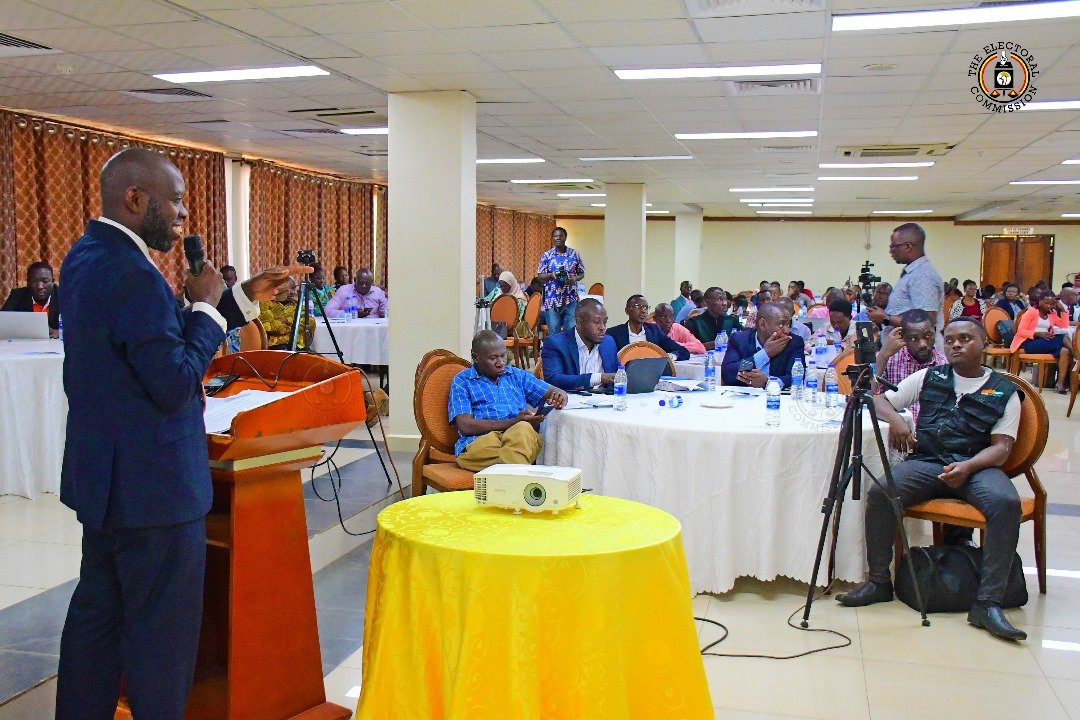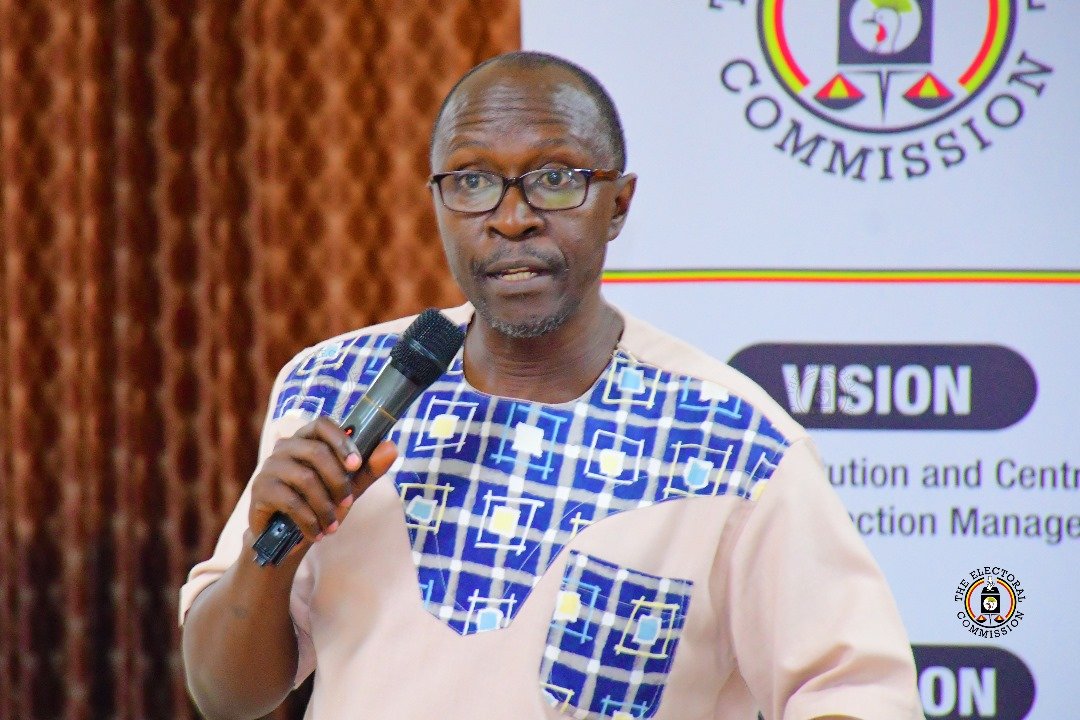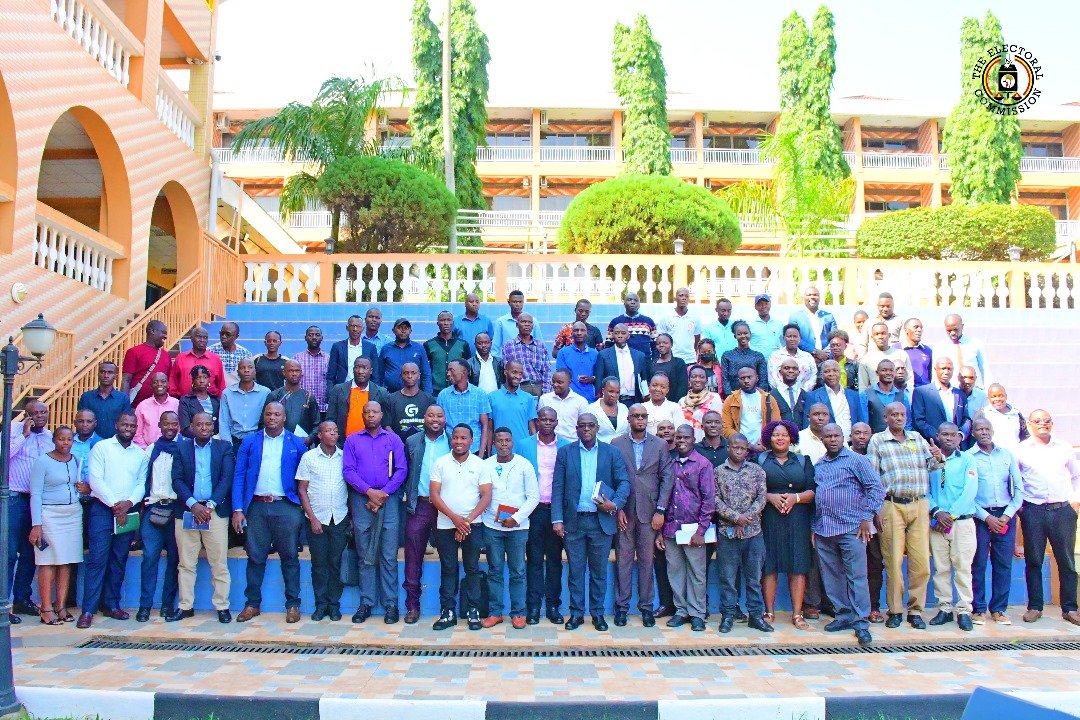KAMPALA, Uganda — Media practitioners in Uganda have received a crucial call to prioritize their safety, ethical integrity, and professionalism when covering politically charged events.
This vital message was delivered during a recent media training workshop organized by the Electoral Commission (EC), an initiative aimed at strengthening collaboration between journalists and the EC, and equipping reporters with essential information for accurate election coverage.
Patricia Aol, the EC head of administration and human resources, underscored the media’s pivotal role as one of the commission’s most vital stakeholders in the electoral process.
“Our mandate as the Electoral Commission is to organise and conduct elections, but also to engage stakeholders and promote democratic governance,” Aol stated. “You, the media, are our essential partners. You relay our activities to the public and influence citizen participation.”
She further emphasized that for democracy to flourish, the public must receive factual and timely information about election activities. This, she explained, is crucial for mitigating the risks of voter apathy, the spread of misinformation, and electoral violence.

“It’s why we’ve invited you here, so that you can understand our work and ensure you’re reporting accurately, especially as we begin the process of electing special interest groups,” she noted. Aol additionally warned that misinformation or distorted media narratives can inevitably lead to public mistrust and unrest.
While the workshop served as a critical platform for clarifying the Electoral Commission’s role and election roadmap, it also sharply highlighted the inherent dangers journalists face in the line of duty, particularly during tumultuous election periods.
Samuel Gummah, the Executive Director of Uganda Radio Network and the chief trainer at the workshop, issued a stark warning to reporters: alongside upholding ethical standards, reporting accuracy, and integrity, they must also be fiercely protective of their own lives.
“There is no story worth your life,” Gummah emphatically stressed. “Dead men don’t tell stories. When you die chasing a scoop, you become the headline, and the newsroom moves on.”

Gummah cautioned journalists against succumbing to undue pressure from editors or media houses that might push them into dangerous situations without adequate protection or support.
Also Read: Uganda army apologizes for beating journalists, residents in Kawempe
“No editor, no station has the right to put you in harm’s way. If a story presents immediate threats to your life or health, walk away. Your life comes first,” he advised. He further urged journalists to assess risks realistically and eschew reckless bravery in the pursuit of news coverage.
“If you find yourself cornered or in a life-threatening situation, your duty is not to be heroic, it is to survive,” he said. “Don’t let anyone convince you that journalism is a do-or-die profession. It isn’t.”
Julius Mucunguzi, the EC spokesperson, echoed the caution against sensationalism and misleading headlines, highlighting their potential to inflame public tension and foster fear.
“We often see a single incident of violence being reported as though the entire country is on fire,” Mucunguzi observed. He challenged journalists to provide balanced, contextualized reporting and to resist the temptation to exaggerate for ratings or clicks.
Throughout the workshop, speakers reiterated the paramount importance of preparing for election coverage with a clear understanding of both legal frameworks and professional safeguards.
Journalists were also strongly encouraged to engage actively in ongoing electoral procedures, especially concerning the representation of special interest groups.

